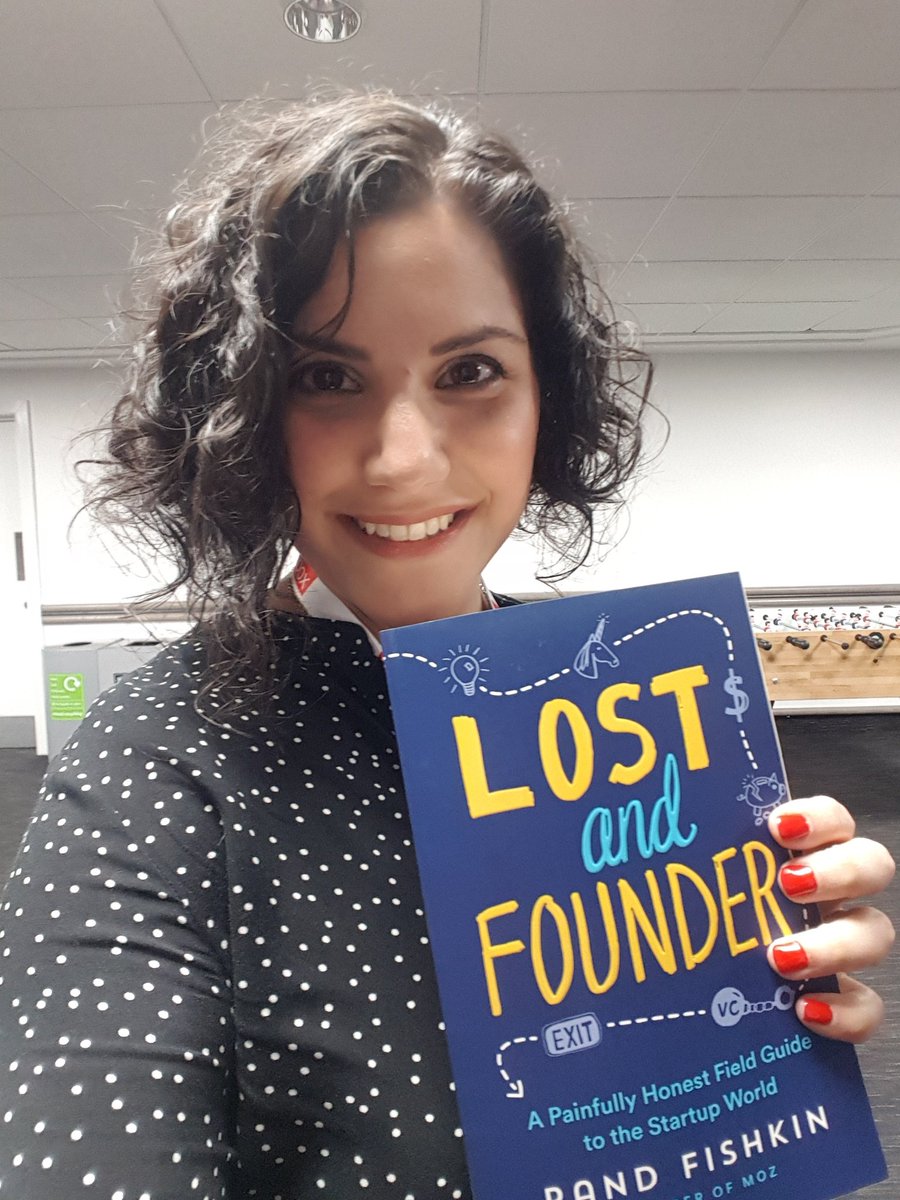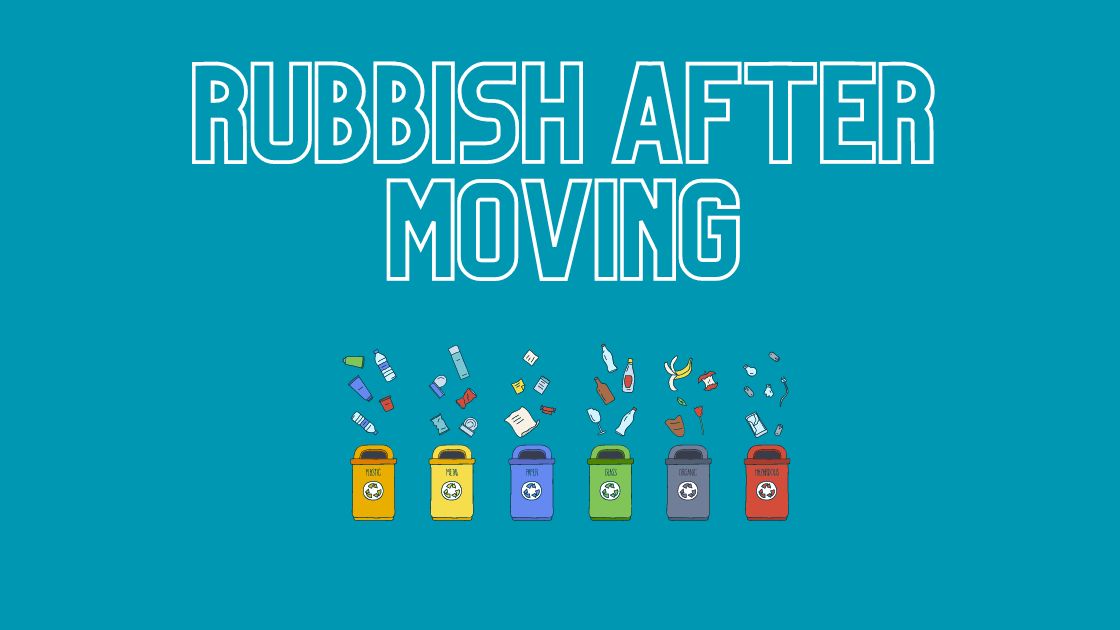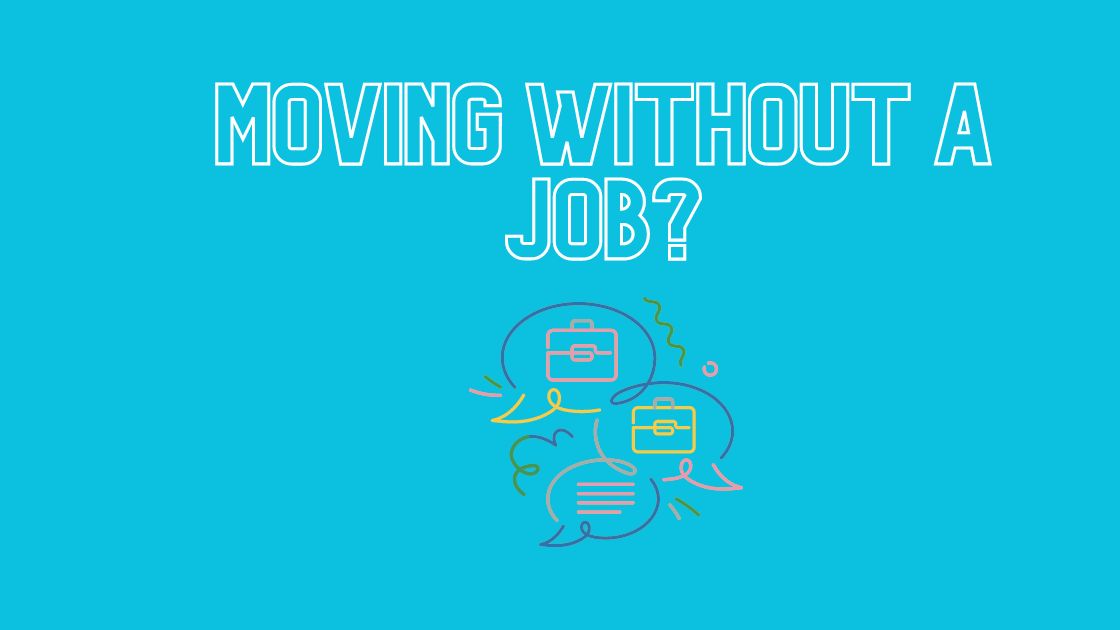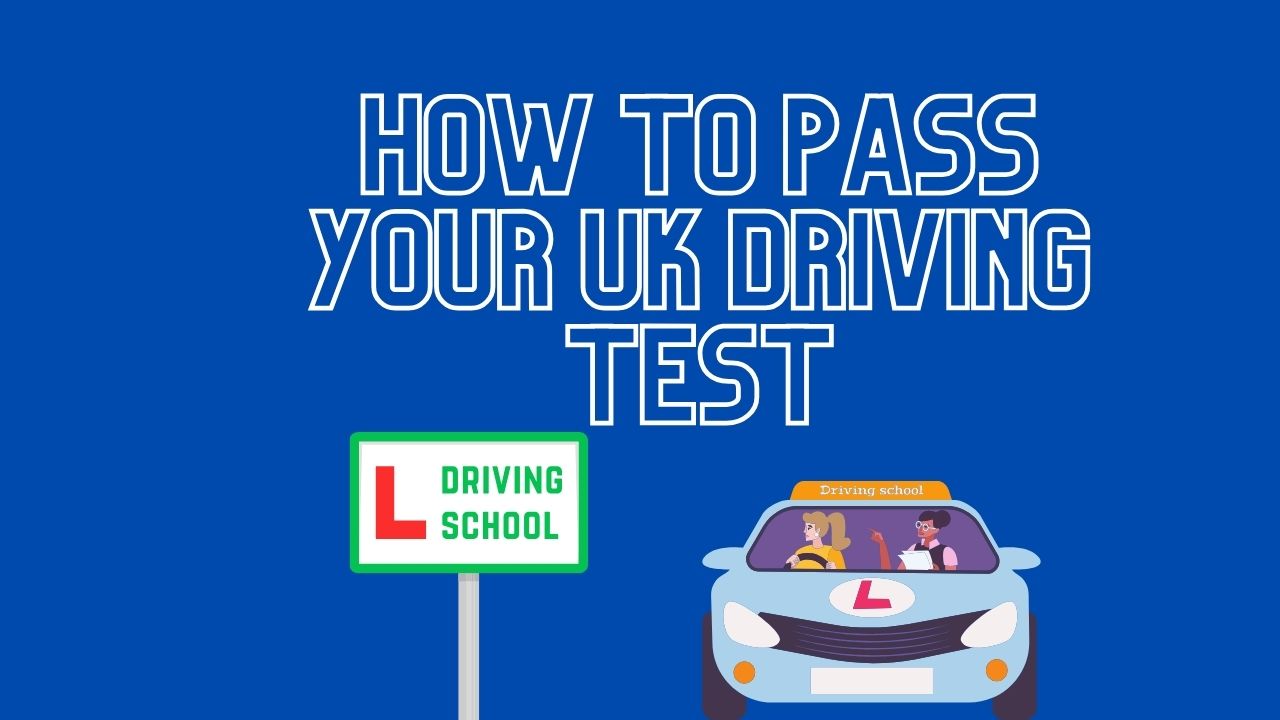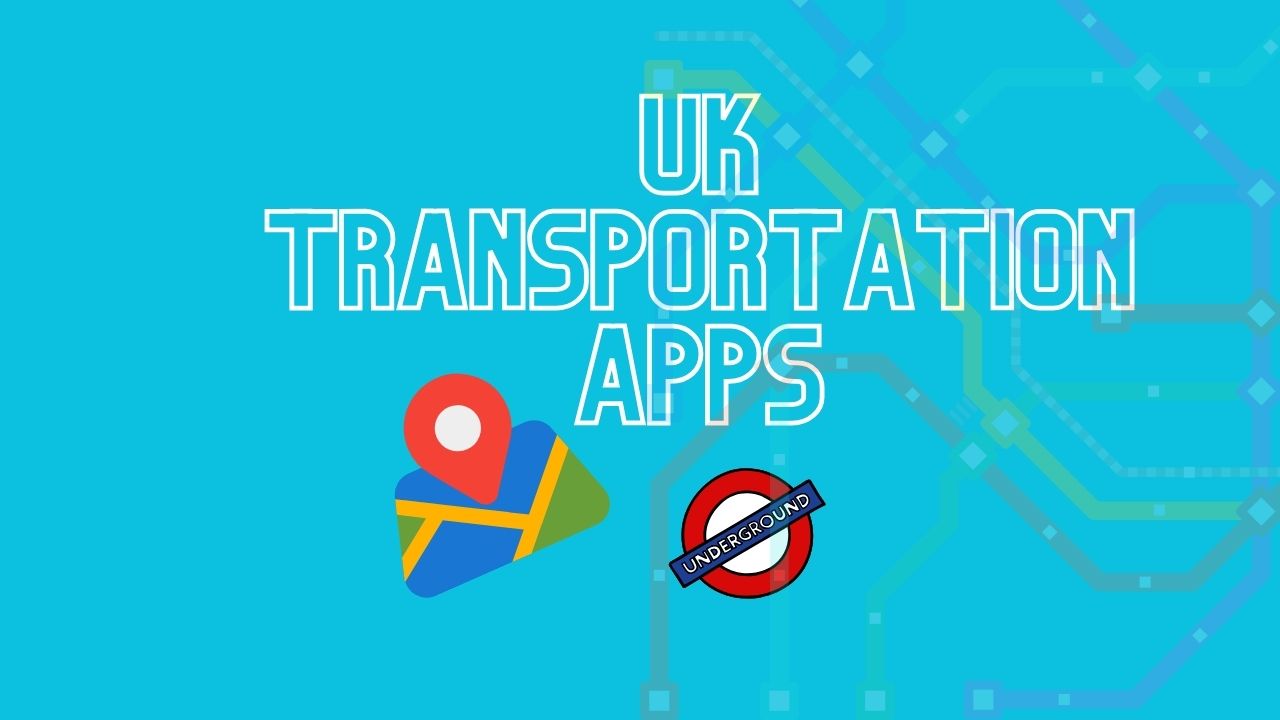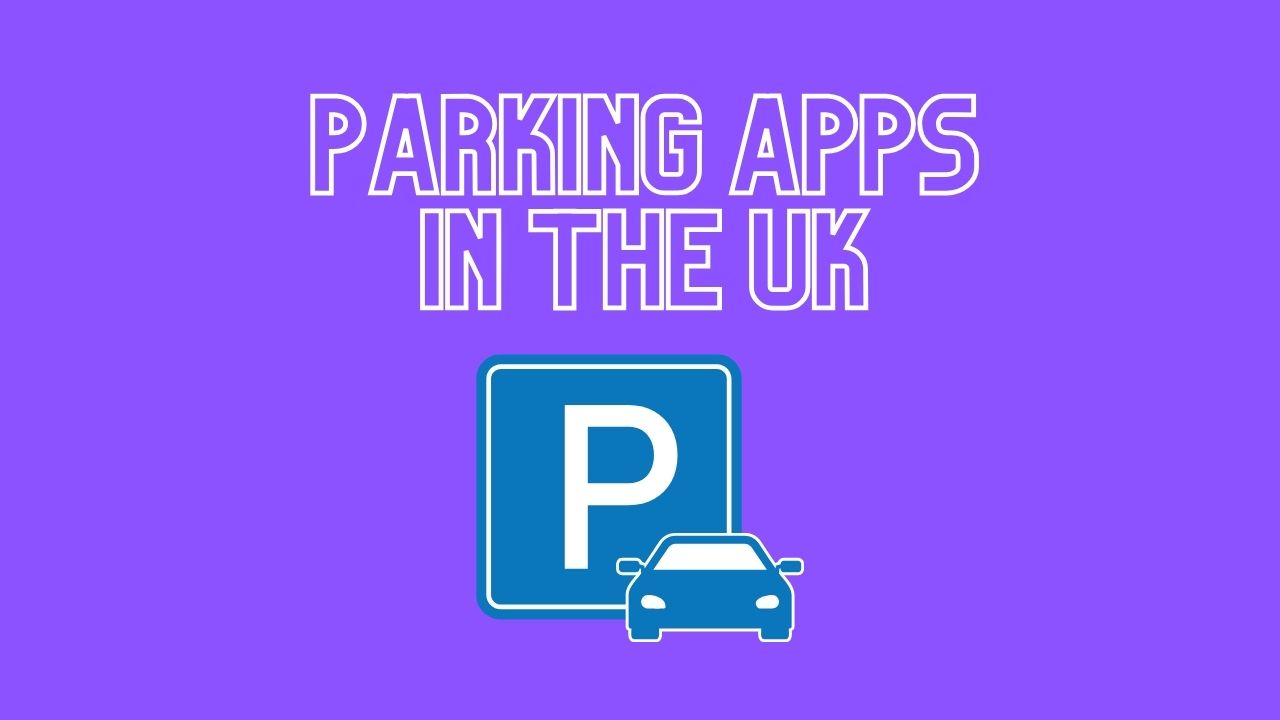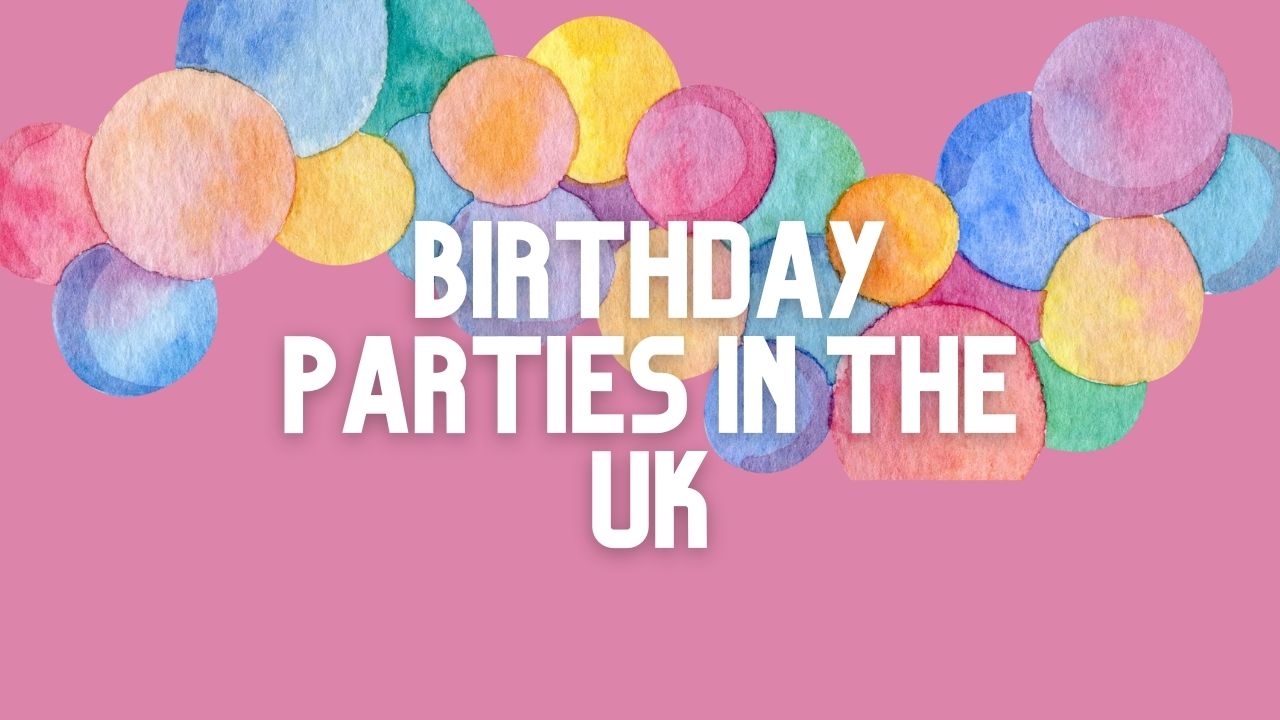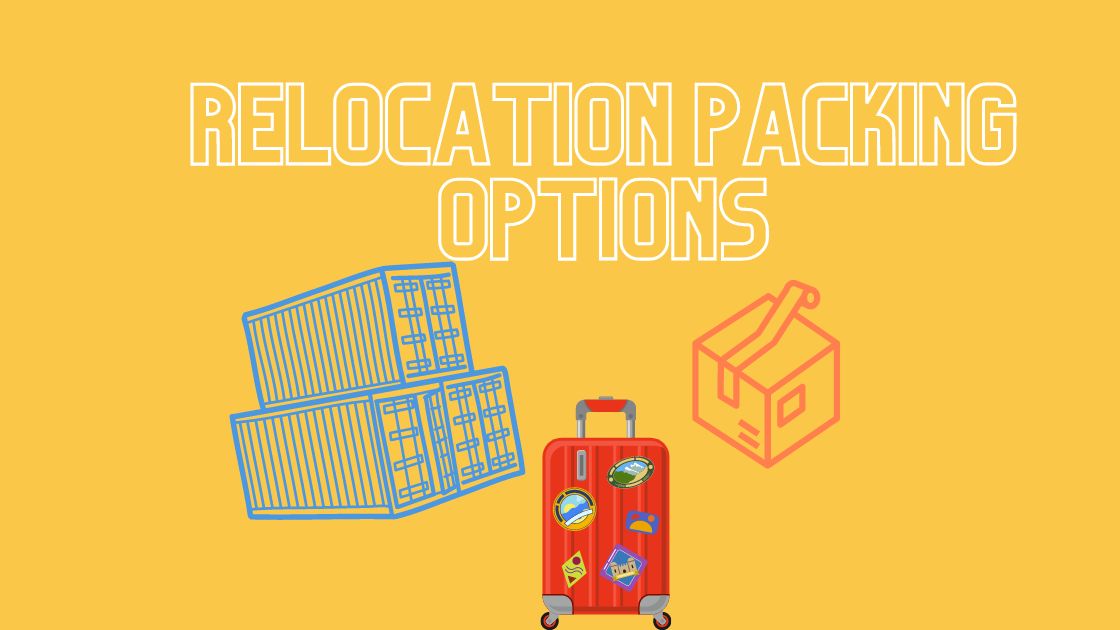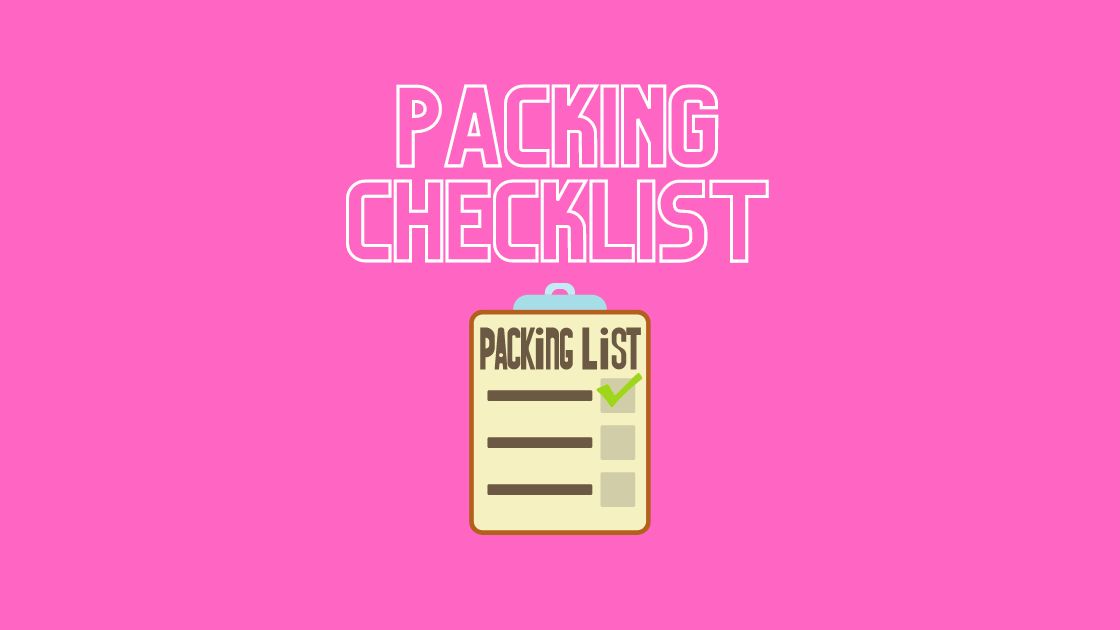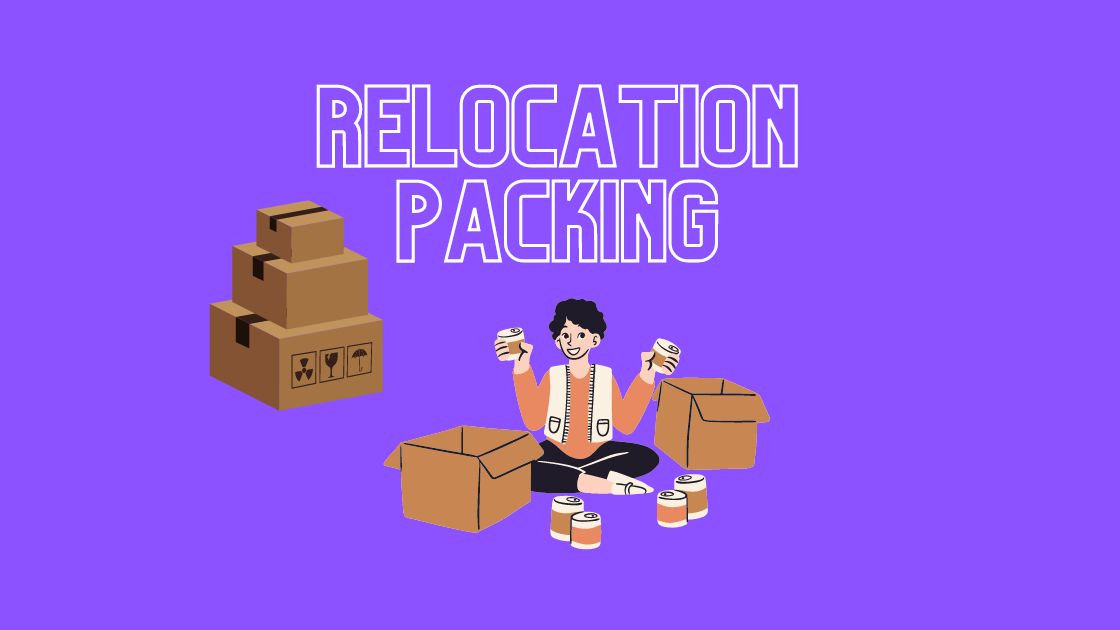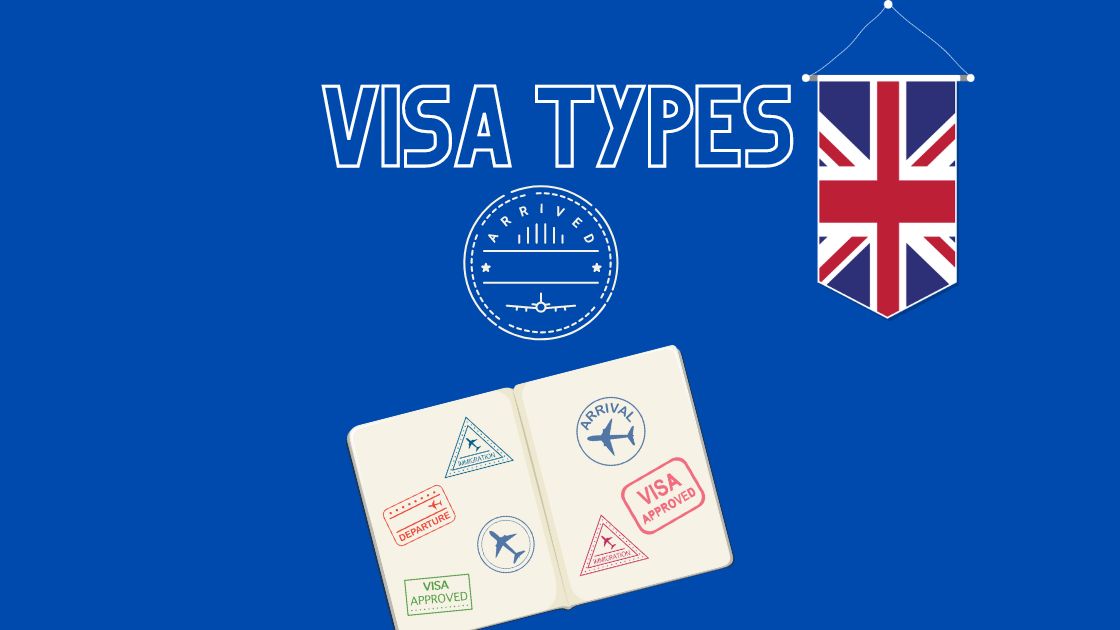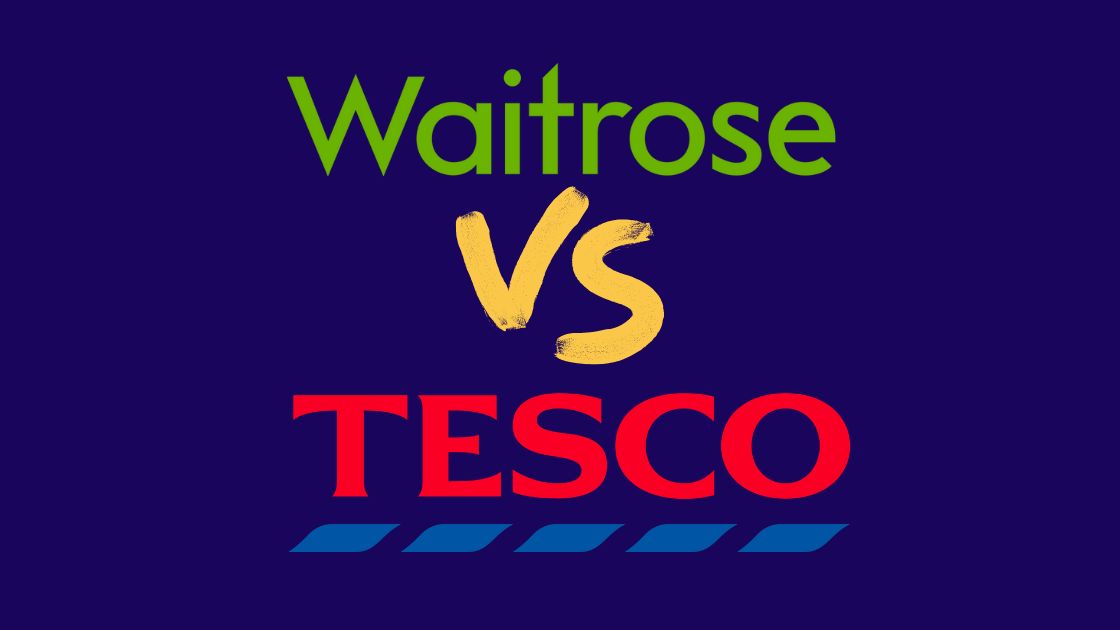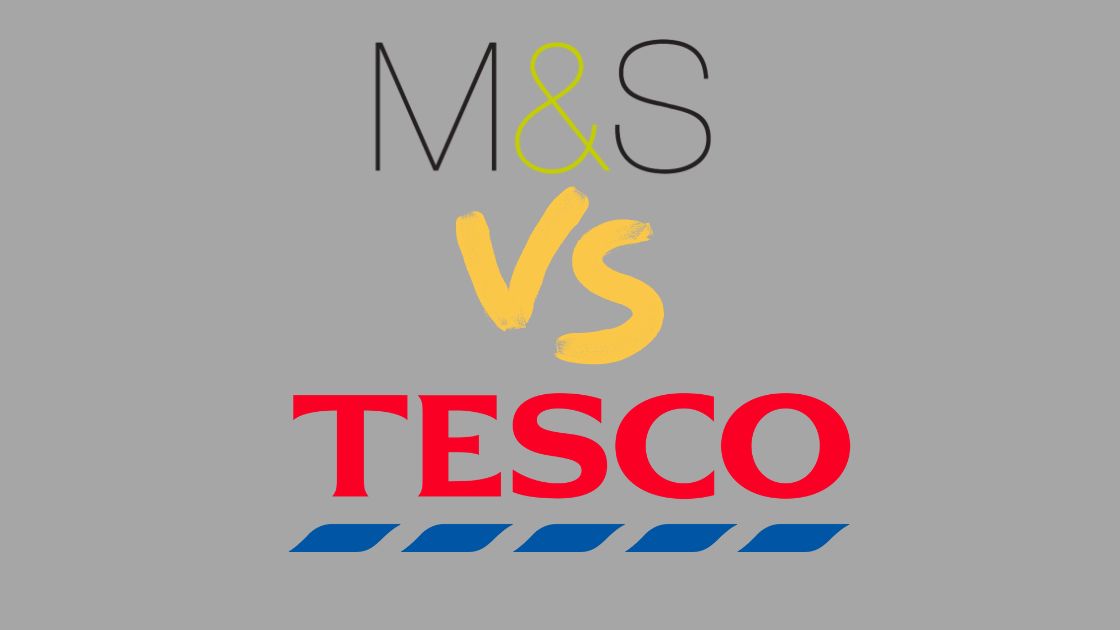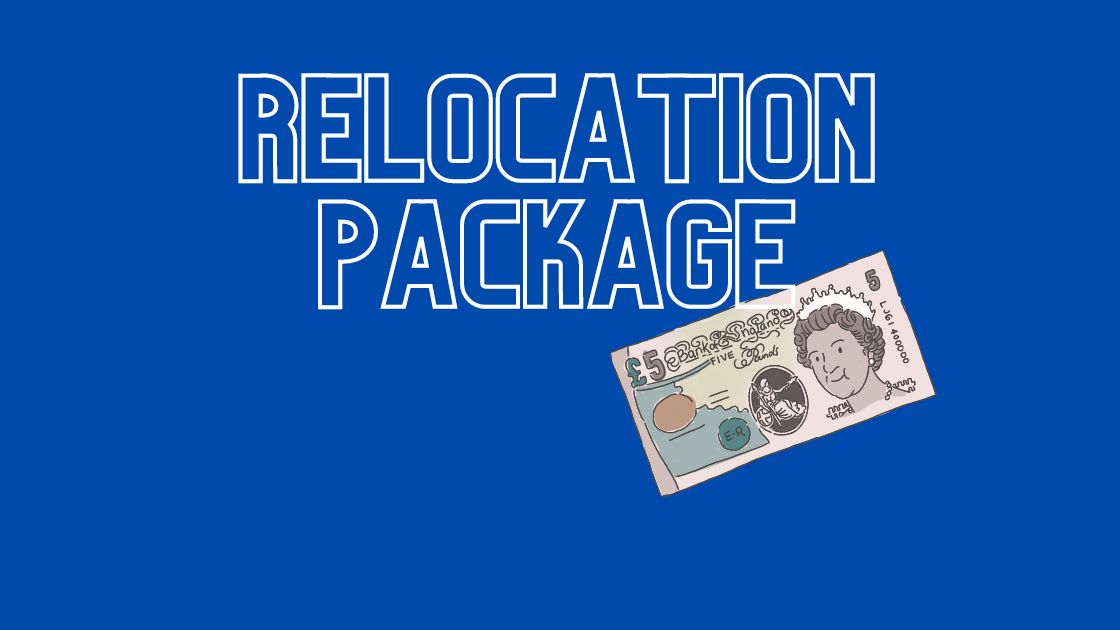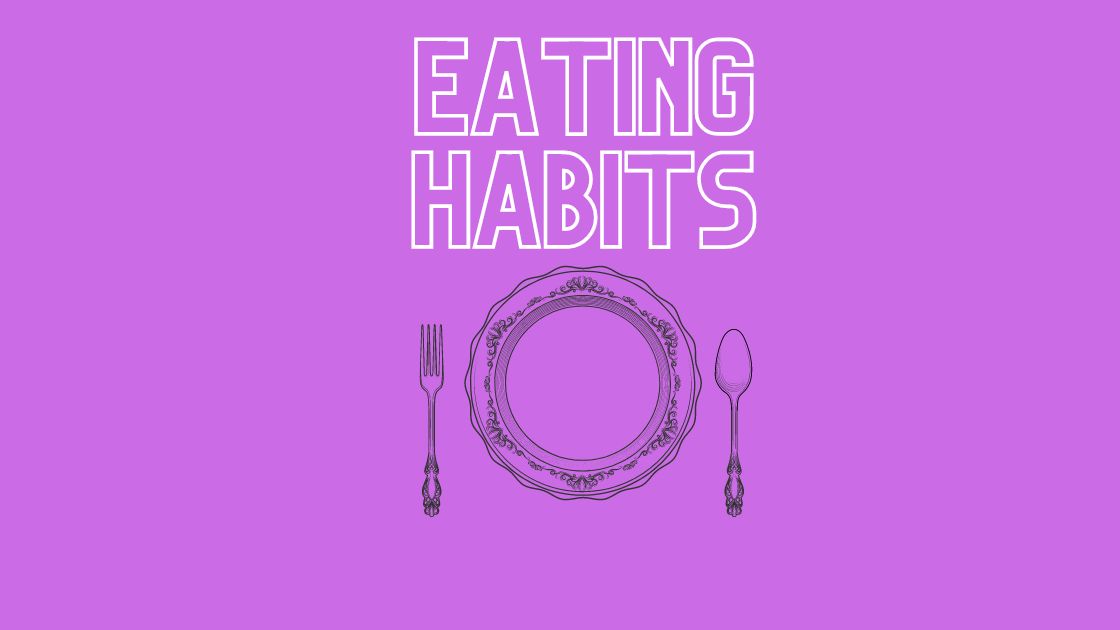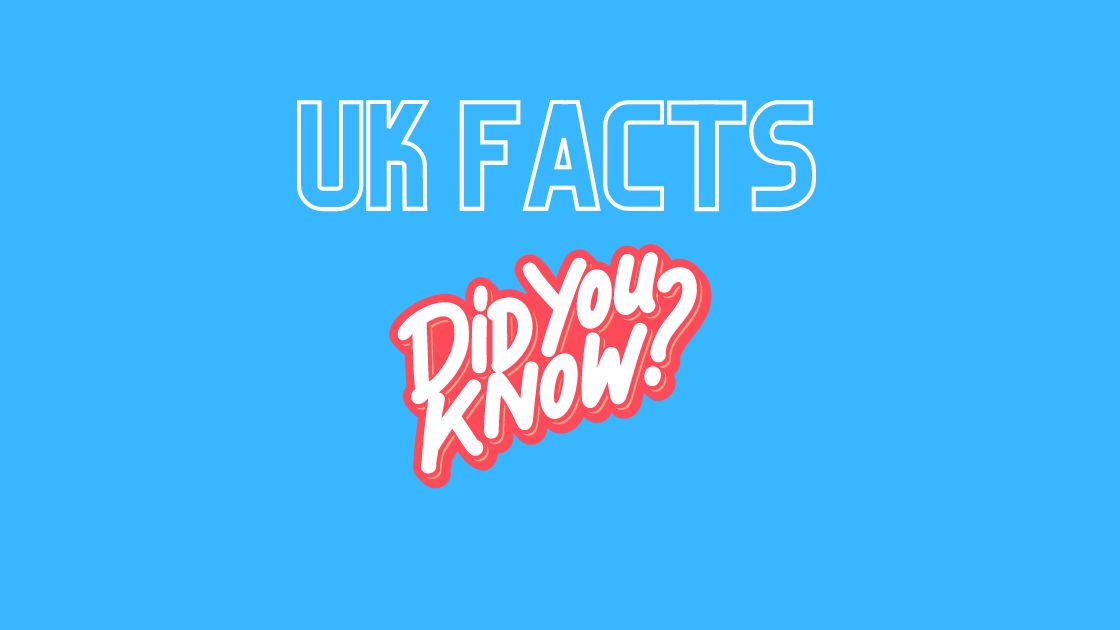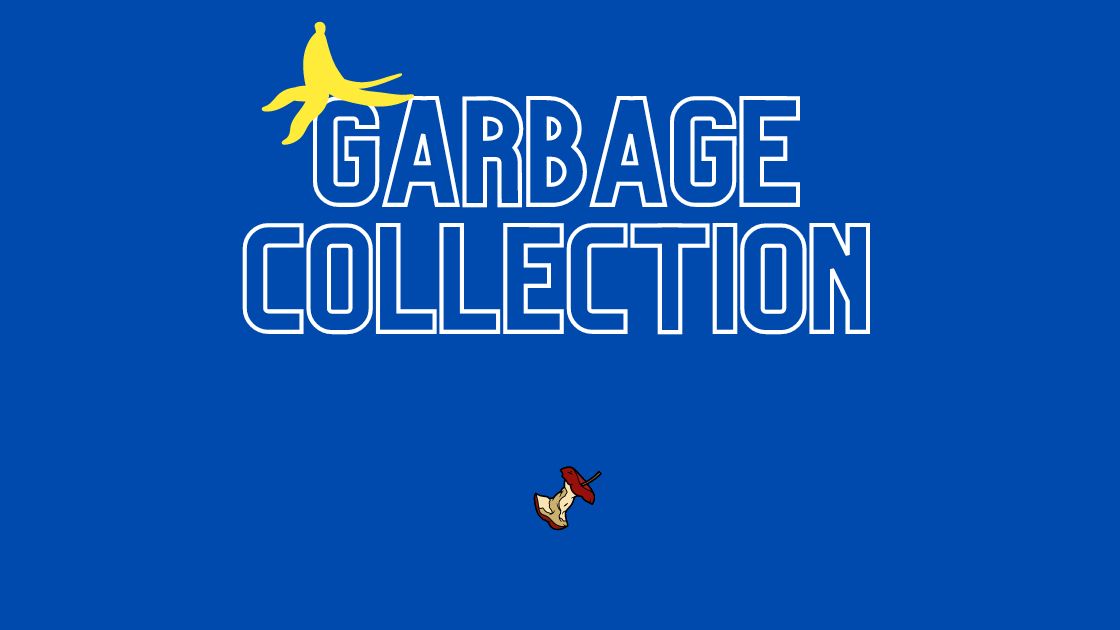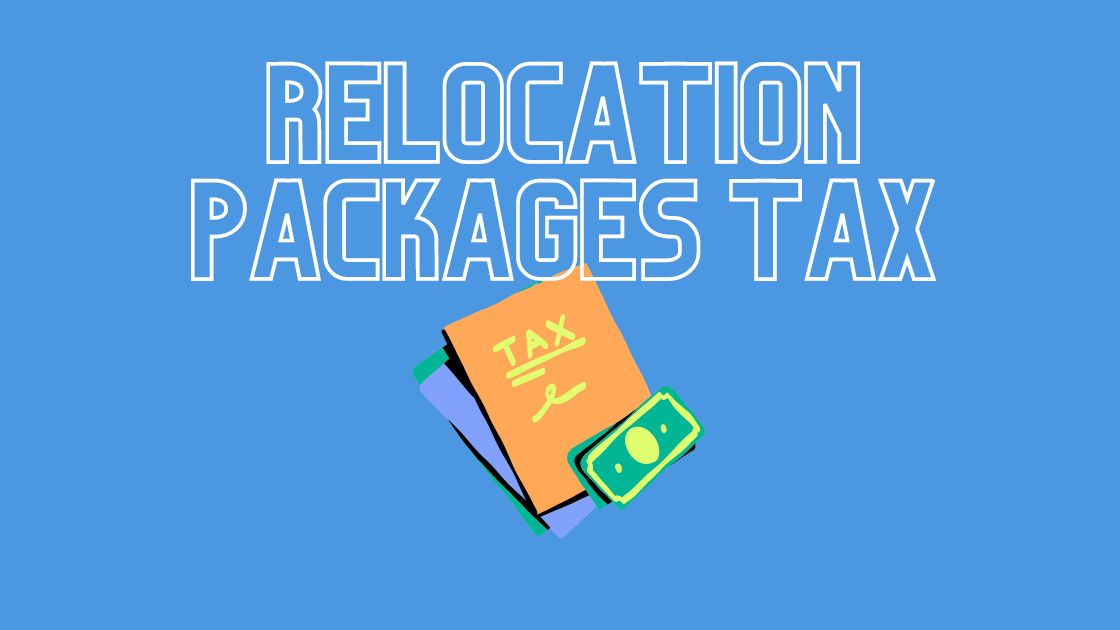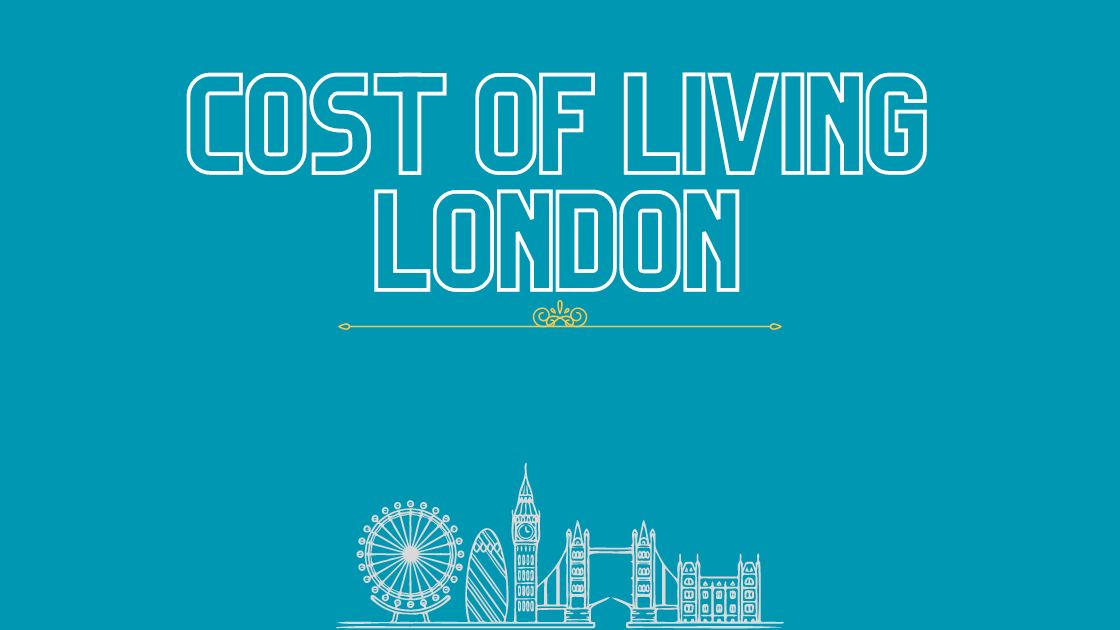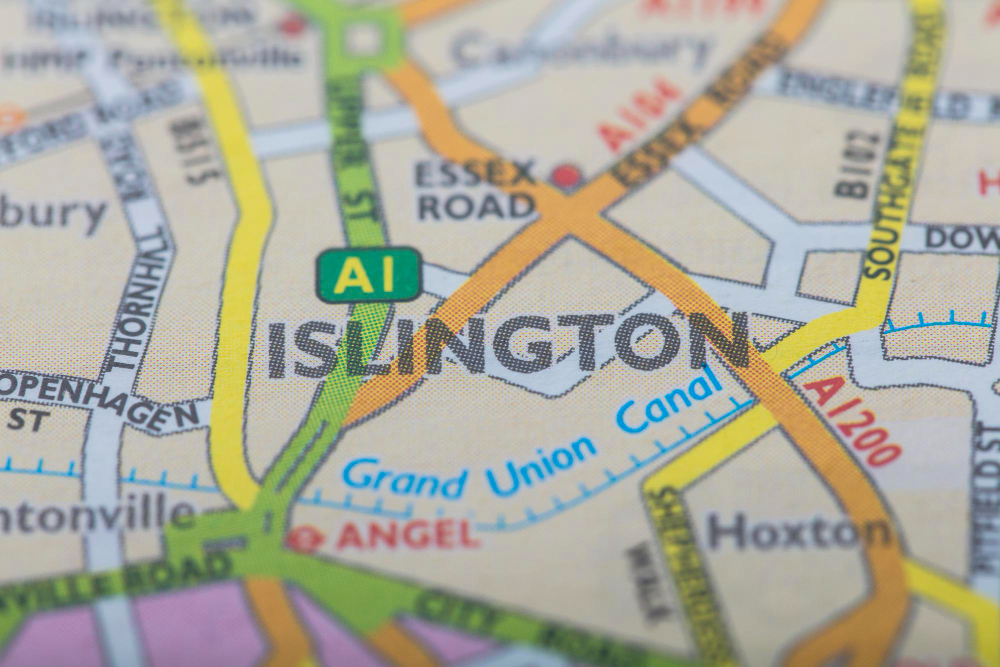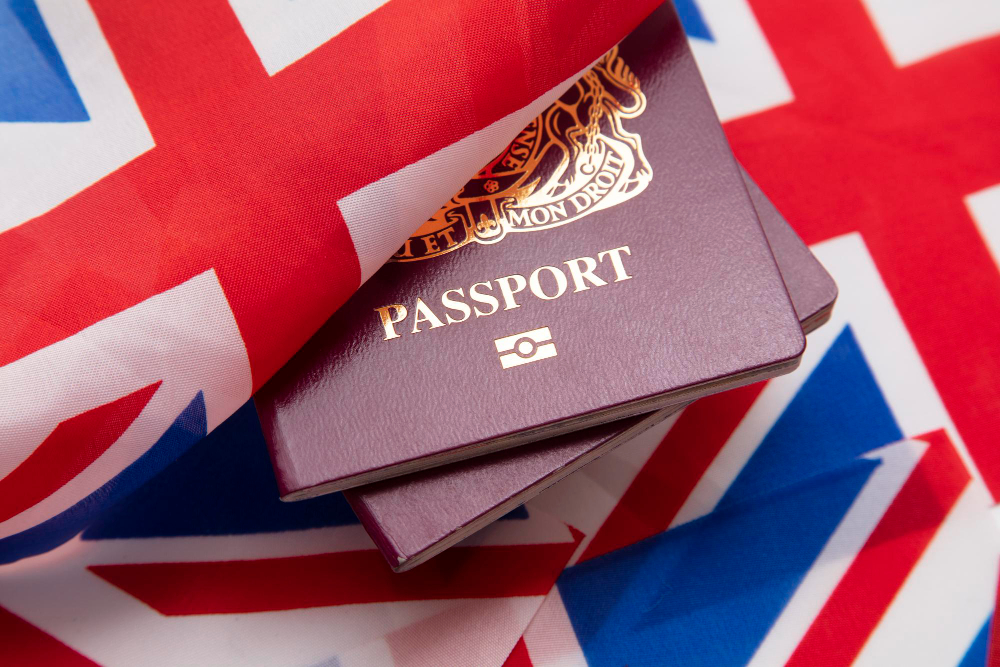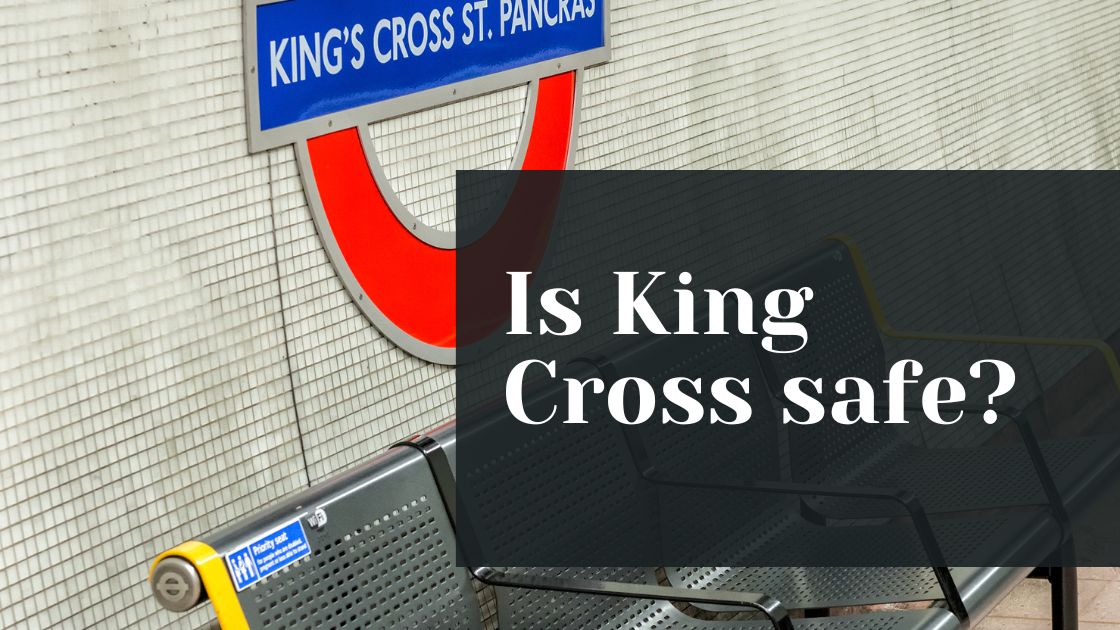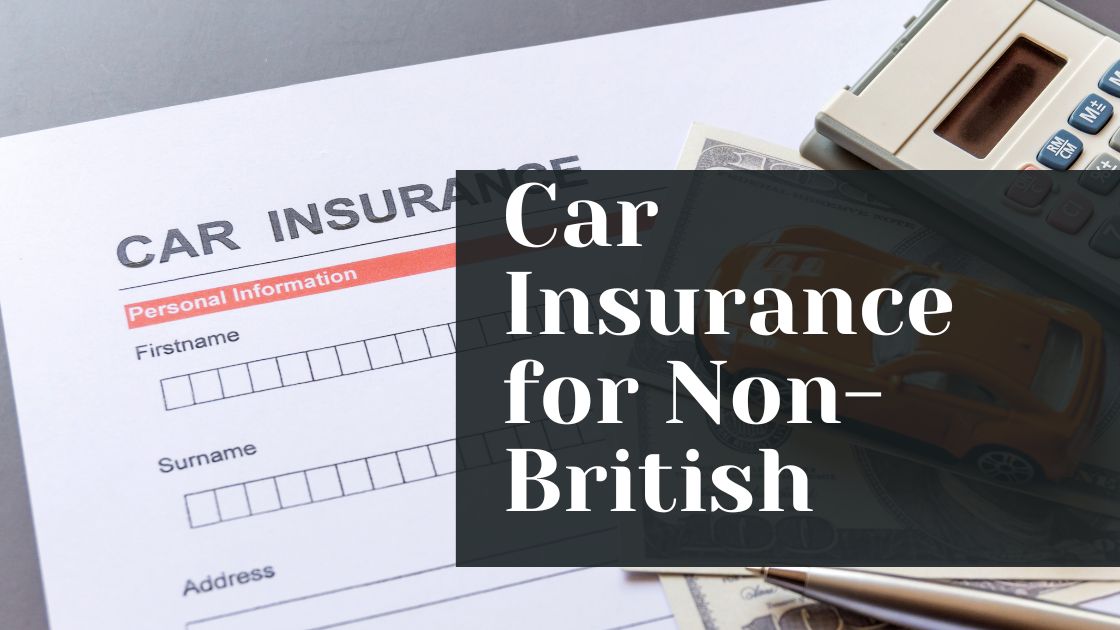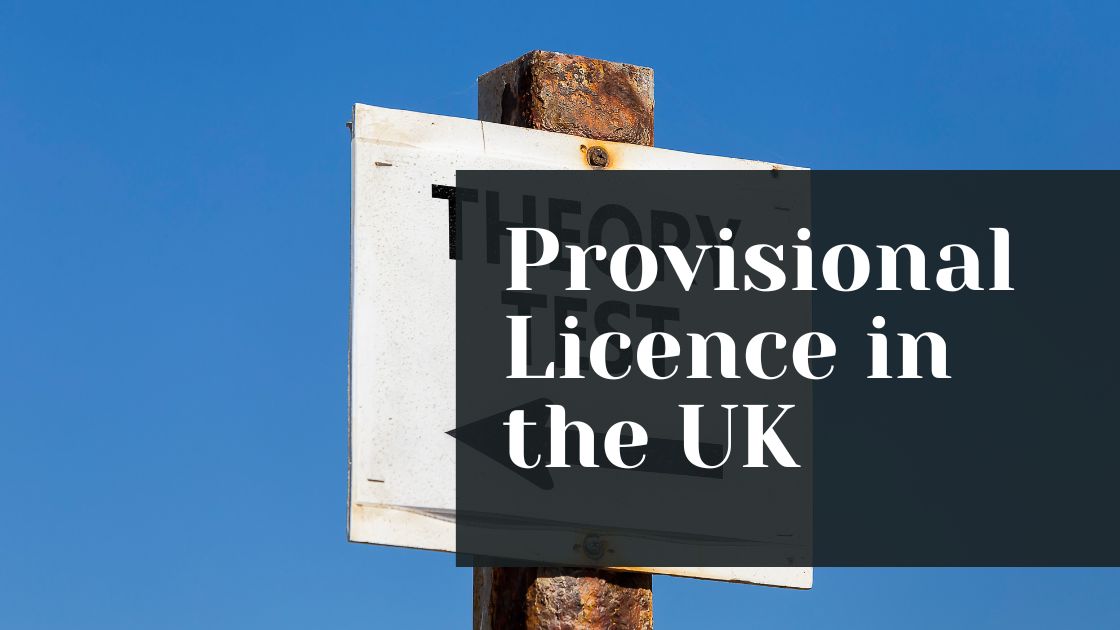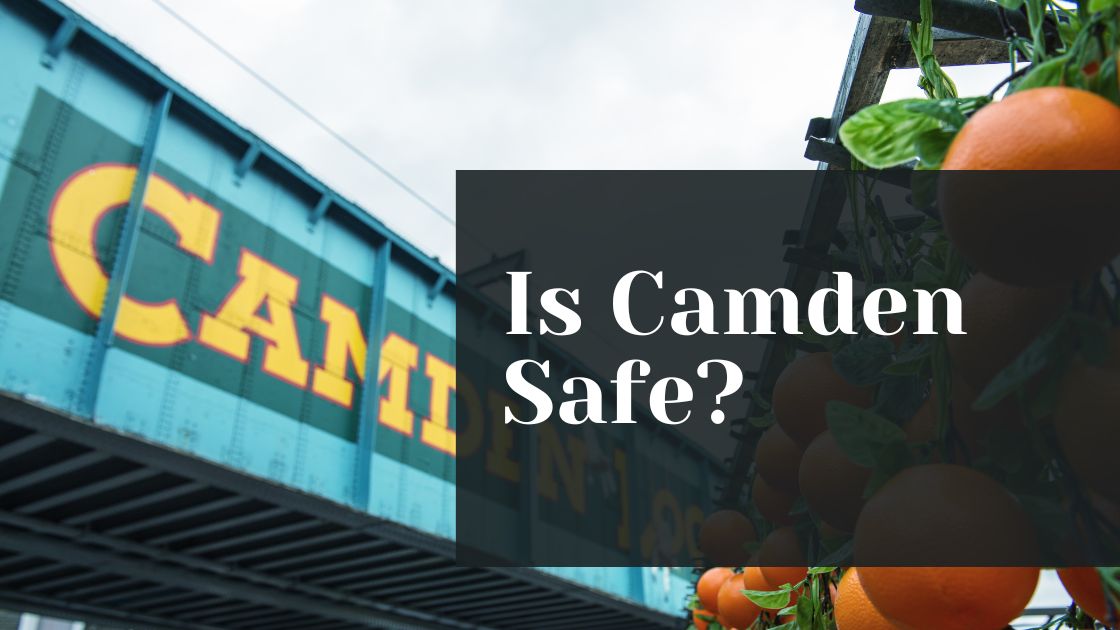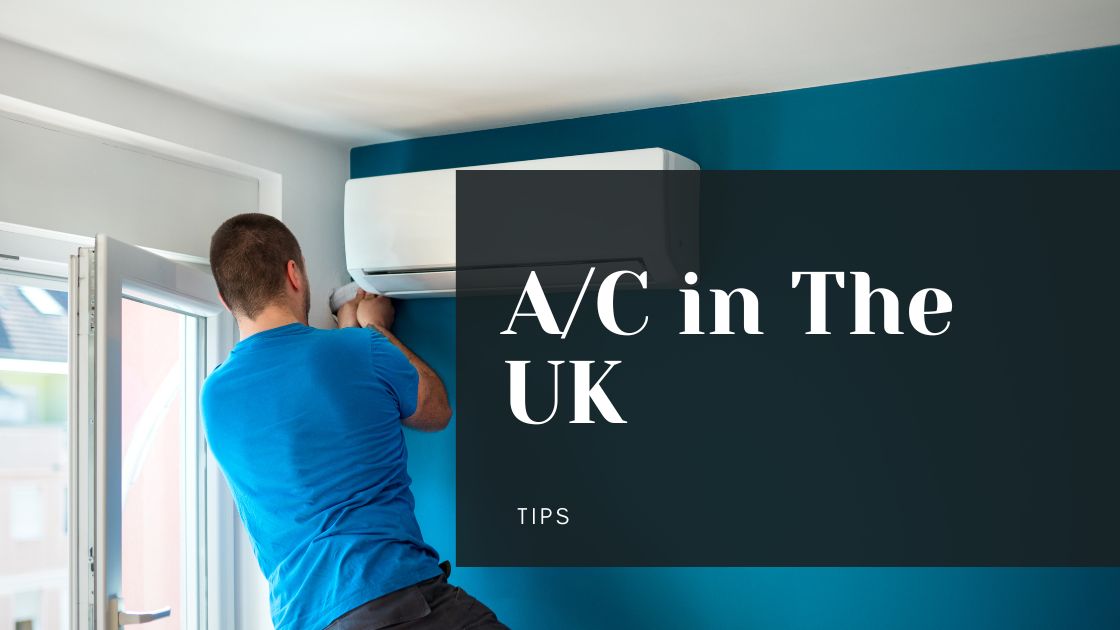When you’re moving house, the last thing you want to deal with is the mess, right? The old receipts and journals, the clothes that no longer fit, and the random bits and bobs you find lurking in drawers can all add up to one big headache.
And when you’re packing up with kids, the rubbish seems to multiply magically. But here’s the deal – sorting out your waste before the big move can save you a whole lot of stress later on. Trust me, you’ll want to think about how to get rid of stuff in a way that’s kind to the planet, too.
So, let’s talk about how you can tackle the trash and keep things green as you set up your new family home here in the UK. After all, it’s all about starting fresh.
Reduce Waste Before The Big Move
Tackling the clutter before you start packing is a smart move. It means you’ll have less to box up, and, more importantly, you won’t be lugging around stuff you don’t need.
Channel your inner Marie Kondo and start looking at what you have with a critical eye. Haven’t used that toaster in a year? Probably time to say goodbye.
This isn’t just about ditching the excess. It’s about making your move less stressful. Plus, it’s kinder to the environment when you’re not shuttling unwanted items around. To make things easier, you can divide your stuff into a few piles.
Keep Pile
These are the items you use daily and can’t function without. Make a list of what you’ll need from day one in your new place. This includes things like furniture, clothes, kitchenware, and, of course, the stuffies that the kids can’t sleep without. Now, add those sentimental items to the list; we’re talking photos, heirloom jewellery, or that mug from your first holiday together.
Paper waste is where you have to be extra careful. Everyone is guilty of keeping old receipts or appliance manuals. Those things can go, just make sure they’re not mixed up with documents that matter. Make a separate pile for important documents, such as:
- Birth certificates
- Marriage licence
- Insurance papers
- Medical information
- Property deeds
- Tax returns
- Diplomas, etc.
Donate Pile
When you come across things that are still in good nick but won’t be making the trek with you, consider donating them. Almost 48% of people in the UK use charity shops, so you know your old things will end up in a good home.
There are plenty of charity shops and donation centres that would be chuffed to have your pre-loved items. Clothes, books, and even furniture can be used by someone else. However, keep in mind that charity shops aren’t glorified waste bins, so make sure you’re donating items that they actually need.
Recycle Pile
In the UK, we’re pretty big on recycling. In fact, the recycling rate for 2021 was 44,6%, which isn’t too shabby. So take the time to find recycling centres in your area and see what kind of stuff they deal with. You might need to separate paper, glass, and plastics, or there may be specific instructions for electronics and batteries.
A trip to the recycling centre can become a family outing. You might get the kids involved and teach them why it’s important to recycle. It works both ways- you’re reducing waste and setting a good example.
Throw Away Pile
Throwing stuff away is the last resort when you have items that can’t be donated or recycled. Things like broken appliances or old cleaning products. Some items might need to go to special disposal sites to avoid harming the environment. Others might be too big for you to get rid of on your own, in which case you’ll have to call in the professionals.
Hiring Professional Rubbish Removal Services
When you’re clearing out an entire house or apartment, you’ll probably find some bulky items that just can’t be tossed in the bin, like old furniture and broken appliances. You might even fill more rubbish bags than fit into your bins. This is why you need to call professional rubbish removal services.
They have the muscle and the know-how to get rid of large items quickly and responsibly. They’ll definitely save you the hassle of figuring out how to do it yourself. Plus, they’re clued up on recycling and disposal laws, so you’re not unintentionally breaking any rules.
However, you must choose the right company. You want someone both trustworthy and efficient that has a solid reputation. Check if they’re licensed to carry waste and have a transparent policy about where they dispose of it. Make sure they’re insured, too, so if anything goes awry during the removal, you’re not left picking up the pieces.
Managing Rubbish on Moving Day
You’ll find that rubbish can quickly pile up, even on moving days, so you must figure out your game plan. Start by setting up specific spots where you can sort waste as it comes – one for recycling, another for donations, and a third for items that are simply past their prime.
Make sure you’ve got your cleaning kit ready, too. You’ll need it for the inevitable spills and the final once-over before you shut the door for the last time. And here’s a tip – double-check every nook and cranny to ensure you haven’t left any rubbish behind as a common courtesy for the next family moving in.
Final Thoughts
As it turns out, getting rid of rubbish takes more than just chucking it in the bin. It’s about being smart when getting rid of things and being mindful of the environment. You want to leave your old place spick and span, and that means sorting your rubbish properly, recycling what you can.
Also, don’t throw out everything just because you can. You can sell stuff that’s still in good nick, or even better, donate it to a local charity shop.
So, get a jump on it early. Look up your local council’s waste disposal guidelines, book any necessary services in advance, and keep an eye out for professional services that can make this whole process a lot easier. Good luck with your move – you’ve got this!

